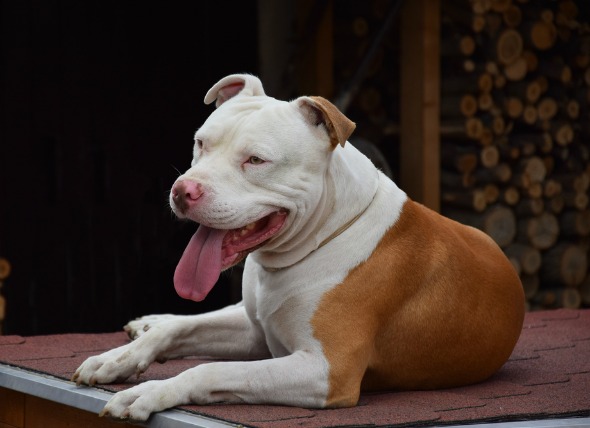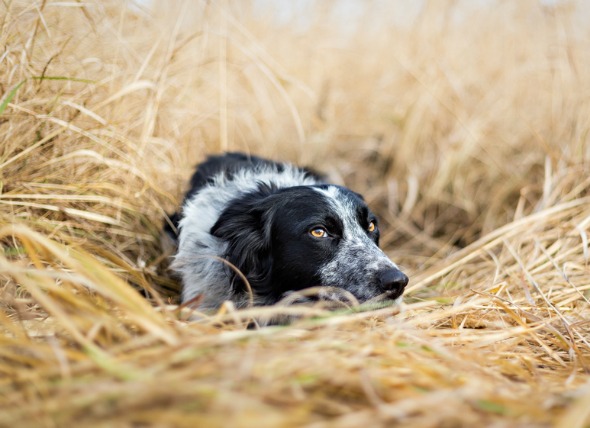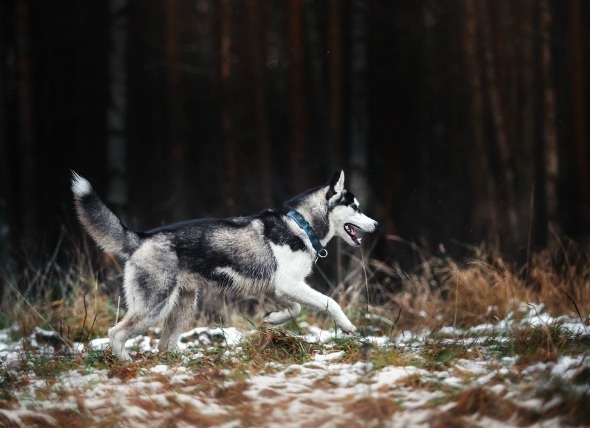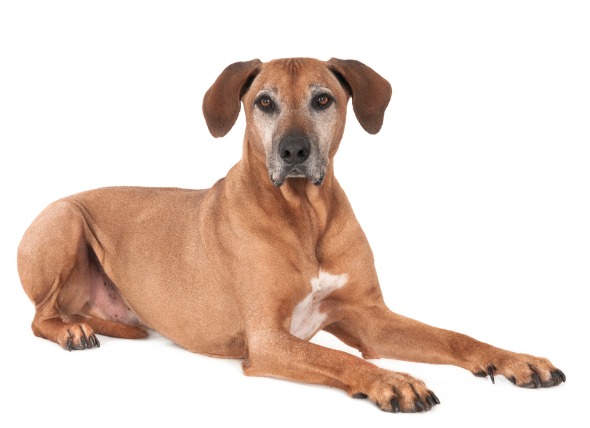Your treasured family dog is getting on in years. He's realized the more youthful part of his life and is now starting to show the ravages of time as we all do. His diet needs to match the transitions his physique is going through. He may not have the same energy that he once had but he still needs healthy and balanced, nourishing meals that will keep him as healthy and balanced as possible. In addition to available remedies and more frequent vet visits, he 'll need your love and a recognition of what his dietary requirements have evolved to.
What Changes Can I Expect?
Between the ages of 5 to 7 years of age, dogs begin to exhibit their age-related changes. In addition to changes in their physical appearance, they also experience immunological, metabolic and body composition changes too. Some changes are inevitable; others can be controlled by adopting alternative dietary agendas. Of course, breed has a lot to do with aging. The larger the breed, the sooner they begin to develop aging issues.
Changes may include:
Arthritis
Dental Problems
Skin and Coat Deterioration
A Lesser Ability to Fight Off Infections
Obesity
Intestinal Problems
Loss of Their Muscle Mass
Fiber and Protein, Yes, Calories and Fat, No
An older dog's diet should still be well-balanced but with more fiber and less fat and calories. There also should be a generous portion of high quality protein. If your dog's diet already consists of those element, then you might be able to continue their regular diet but in smaller quantities. Or, you may need to consider a specially formulated diet for senior dogs.
If your dog has kidney problems, you'll want to keep the protein at about 14% of their diet. If not, you can consider a regular commercially prepared senior dog diet with about 18% protein. The lower protein diet offers less of a workload making it easier on their weakened kidneys. The lower the fat, the lower the calories so fat levels should around 10% to 12%.
Supplemental Additives to Consider
Older pooches are more likely to develop constipation, thus the requirement for higher fiber. The fiber content should be between 3% and 5%. Aging may affect your dog's intestinal bacterial growth, which may produce symptoms indicating a gastrointestinal disease. To help combat that, an older dog's diet should include fructooligosaccharides (FOS), which promotes the healthy growth of beneficial bacteria.
Consult with your vet about increasing your pooch's Gamma-linolenic acid (GLA) intake. It's an omega-6 fatty acid that helps maintain healthy coat and skin. Normally produced in your dog's liver, it tends to diminish with aging.
Also, Antioxidants like beta-carotene and vitamin E help your dog eliminate damaging free radicals that can cause signs of aging and damage body tissues. Older dogs' diets should include a higher level of those compounds. Antioxidants can help your dog's immune system, too.
Try to include dry dog food in their diet. It will help in the reduction of gum disease and tartar build up on their teeth.
Once your dog reaches the golden years, it's super important to maintain a daily routine and be consistent with it. Abrupt changes, stress or variations in their daily routine should be avoided. Periodic vet examinations are very important.
Lastly, it's important to connect with your pet daily; hugs and attention are good and will go a long way toward helping your best friend maintain a good attitude and be happy.

 Heart Tumors (Myocardial) in Dogs
Myocardial Tumors
Myocardial tumors refer to tumo
Heart Tumors (Myocardial) in Dogs
Myocardial Tumors
Myocardial tumors refer to tumo
 Bacterial Infection (Metritis) of the Uterus in Dogs
Metritis in Dogs
Metritis is inflammation of the
Bacterial Infection (Metritis) of the Uterus in Dogs
Metritis in Dogs
Metritis is inflammation of the
 Muscle Tear in Dogs
Muscle Rupture in Dogs
A normal muscle can be str
Muscle Tear in Dogs
Muscle Rupture in Dogs
A normal muscle can be str
 Bone Inflammation (Hypertrophic Osteodystrophy) in Puppies
Hypertrophic Osteodystrophy in Puppies
Hypertroph
Bone Inflammation (Hypertrophic Osteodystrophy) in Puppies
Hypertrophic Osteodystrophy in Puppies
Hypertroph
 Prostate Enlargement in Dogs
Prostatomegaly in Dogs
Prostatomegaly is a medica
Prostate Enlargement in Dogs
Prostatomegaly in Dogs
Prostatomegaly is a medica